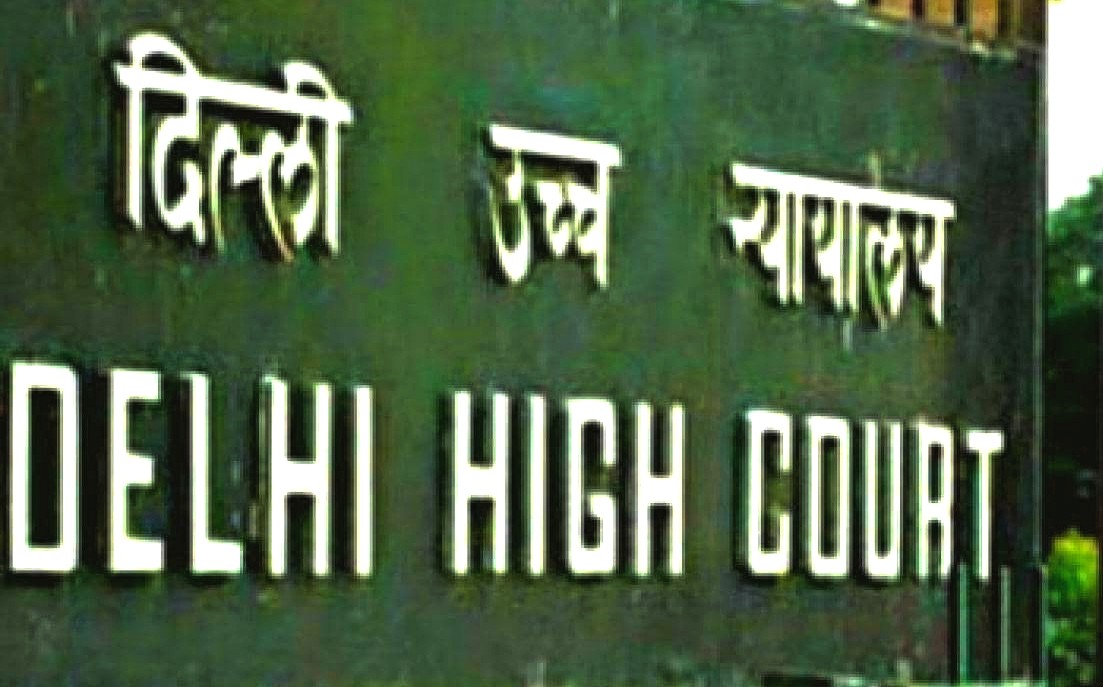Mandatory period of one year u/s 14 of HMA can be waived off, if exceptional hardship or depravity exists & dispute between parties is mutually resolved: P&H HC

Read Order: Priyanka v. Pardeep
Monika Rahar
Chandigarh, January 4, 2022: While dealing with a matrimonial dispute in appeal, the Punjab and Haryana High Court has observed that the mandatory cooling-off period of one year which is to be observed by a couple before presenting a divorce petition can be reduced or waived off if exceptional circumstances or depravity is shown along with the fact that the parties were able to resolve their disputes mutually.
While referring to Section 14 of the Hindu Marriage Act (the HMA), Division Bench of Justice Ritu Bahri and Justice Ashok Kumar Verma observed that the proviso to this section lays down that in case of exceptional hardship or exceptional depravity, if it appears to the Court, the time of one year can be reduced.
The marriage between the appellant and her husband was solemnized in the year, 2015, as per Hindu rites and rituals and two children were born out of it. Owing to their marital discord, they started living separately and eventually, in 2021 a joint petition under Section 13-B of the HMA for the grant of the divorce decree by mutual consent was filed. Along with the said petition, an application seeking condonation/ reduction of this mandatory one year period was sought. Both the petition and the application were rejected by the Family Court and hence, the wife impugned this decision before the High Court in the instant case.
The Division Bench elaborated upon the legal position governing the waiver/ condonation of this one year period, by referring to the judgments in Mandeep Kaur Bajwa vs. Chetanjeet Singh Randhawa, 2015 (40) RCR (Civil), and Amardeep Singh v. Harveen Kaur, Civil Appeal No.11158 of 2017, the collective import of which was that once exceptional hardship and depravity were established by the petitioner(s), the benefit of Section 14 (1) of the Act would accrue.
Applying the above mentioned findings to present case, the Court noted that the appellant and the respondent were young in age, they were living separately since 2021 and that they both had already received all the articles given by them at the time of marriage. They agreed not to claim anything with regard to the past or future maintenance, and the custody of their two children was mutually given to the father (the respondent).
“Since, the parties have already resolved their dispute, this is the sufficient ground to allow their application for waiving off the mandatory period of one year. Moreover, as per petition filed under Section 13-B of the Hindu Marriage Act (Annexure A-1), the mutual agreement has been duly complied with by the parties and nothing is due against each other”, said the Court.
Thus, the decision of the Family Court was set aside and the petition under Section 13-B along with the application for waiting off the mandatory period of living separately for one year was allowed by the High Court.
Sign up for our weekly newsletter to stay up to date on our product, events featured blog, special offer and all of the exciting things that take place here at Legitquest.




Add a Comment